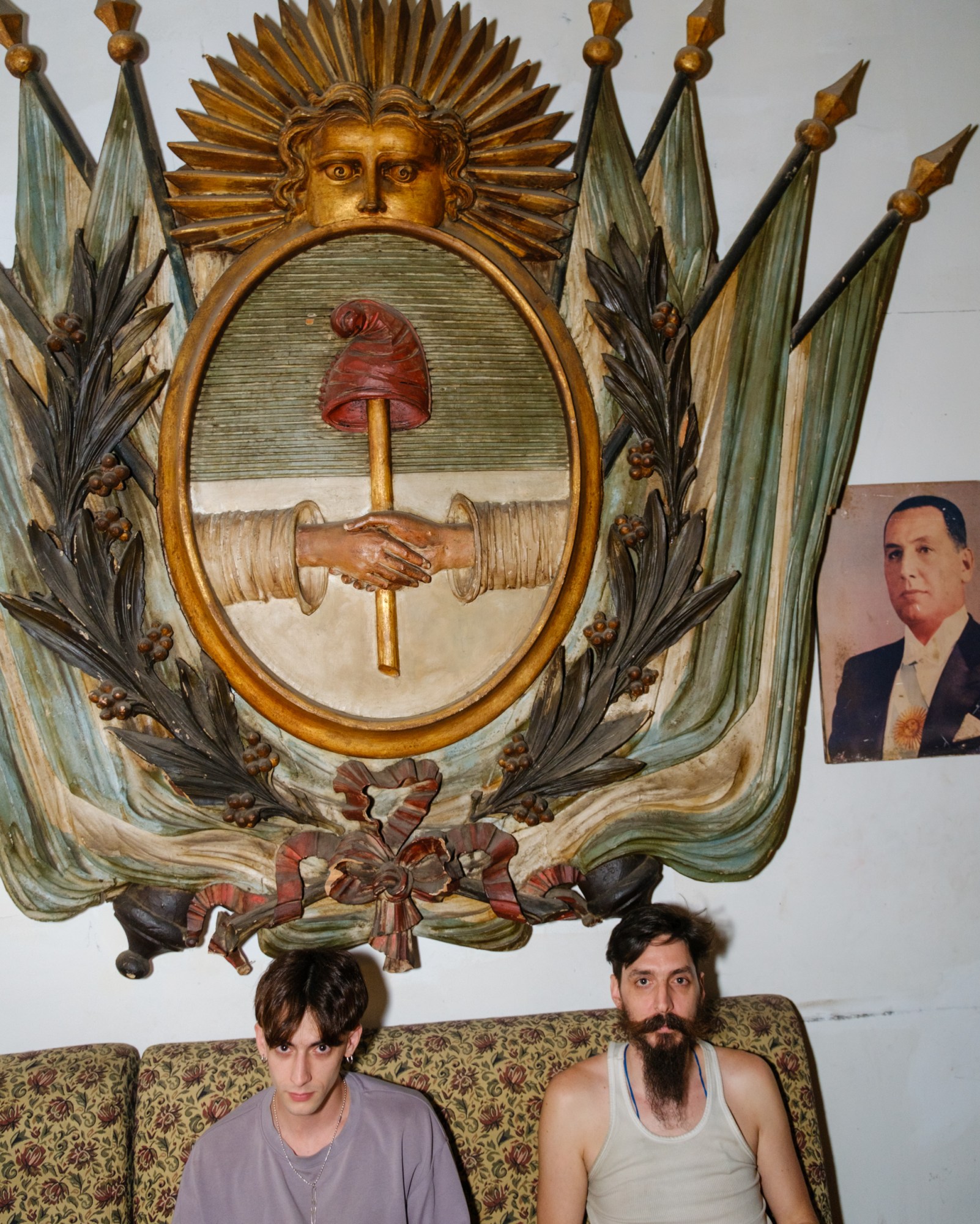“Miaow,” Mica Levi, hot red electric guitar slung around their neck, purrs into the mic. The crowd erupts. I am standing in a rather frou-frou, Belle Époque style theatre called Teatro Verdi in the middle of La Boca, the south easterly working class neighbourhood of Buenos Aires. Once a month this theatre plays host to a night of milongas, a traditional party for locals to come and dance. Tables and chairs line the room in anticipation of a tango. But tonight there is no tango: a gaggle of around 400 experimental music fans have descended on the theatre for Hyperlocal 2024.
Teatro Verdi is half full of the members of Buenos Aires’ dedicated music scene. Wide reams of white fabric criss-cross the ceiling between gaudy, gold-licked balconies lit by the pink glow of LEDs. Our security guard for the first part of the evening is a man in his 70s with ivory coloured hair and a handlebar moustache who nods politely and says “hola” each time we come back inside after a smoke. Someone is making and selling empanadas to the crowd on silver platters. Tonight’s emblem, an abstract flag designed by artist Gretchen Lawrence, frames the stage. She’s also one half of electro-pop duo New York who will play their set at an Italian community centre a 20 minute cab drive away at around 3am, costumed in crisp white shirts and military caps copped earlier that week from a local army surplus shop.
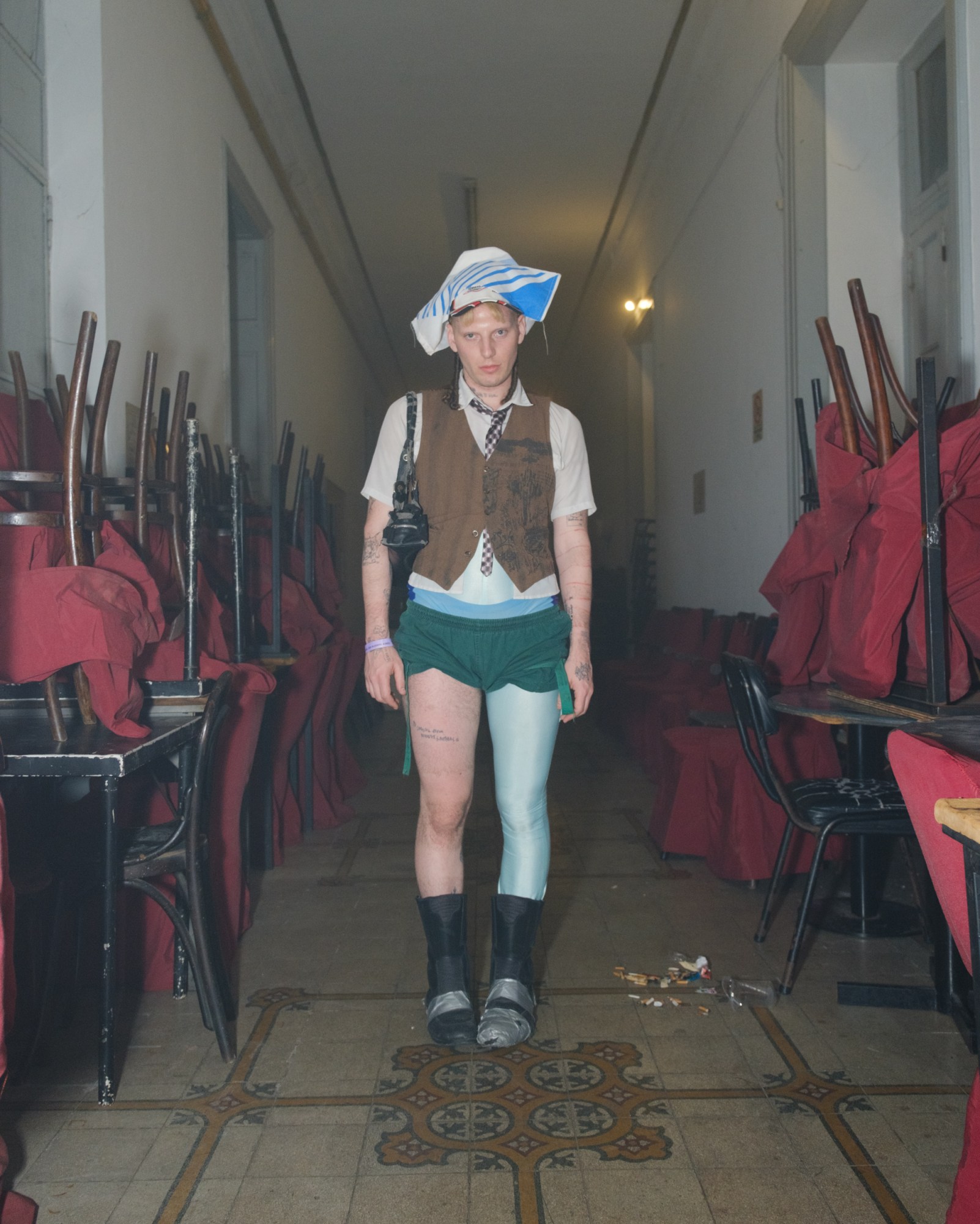
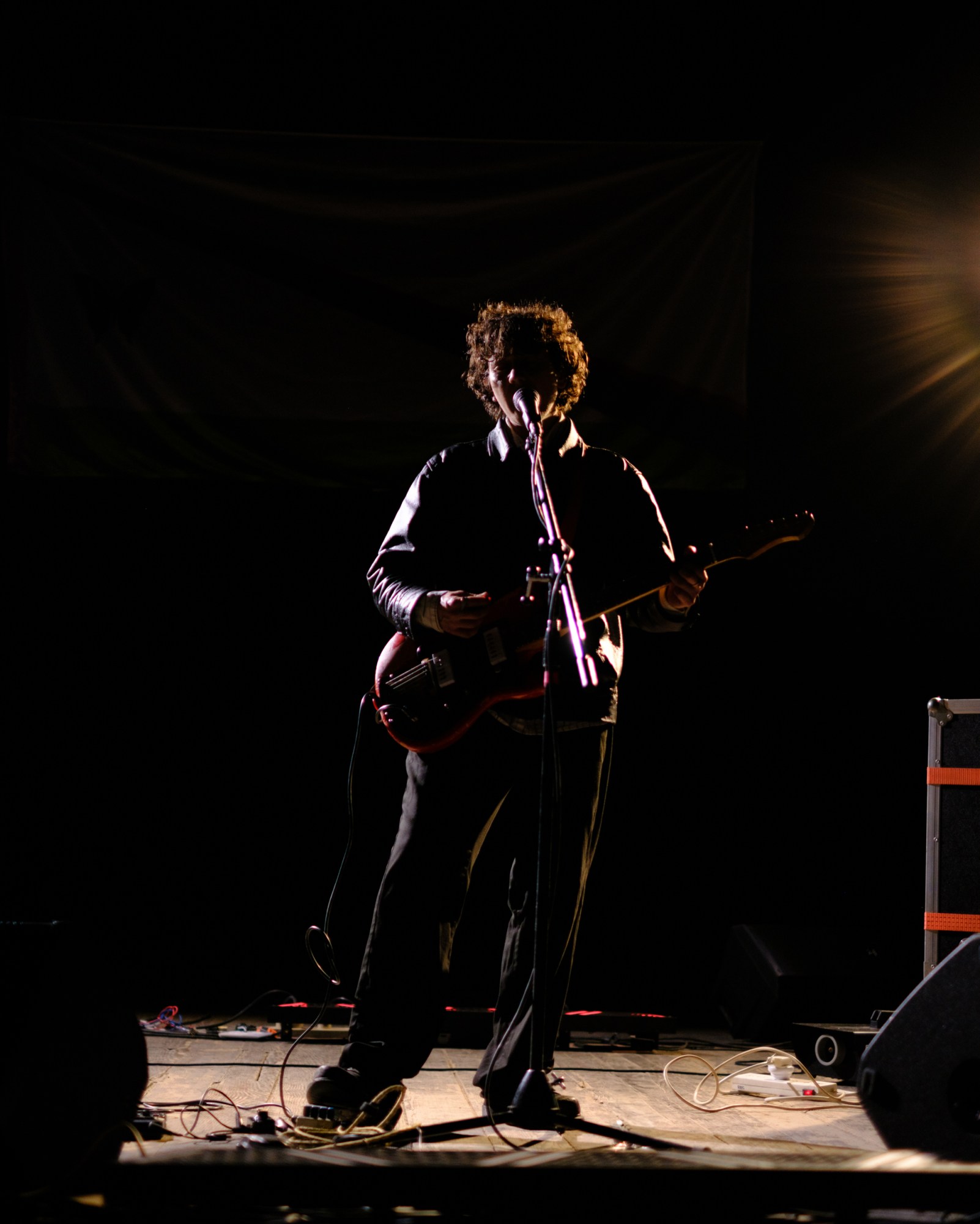
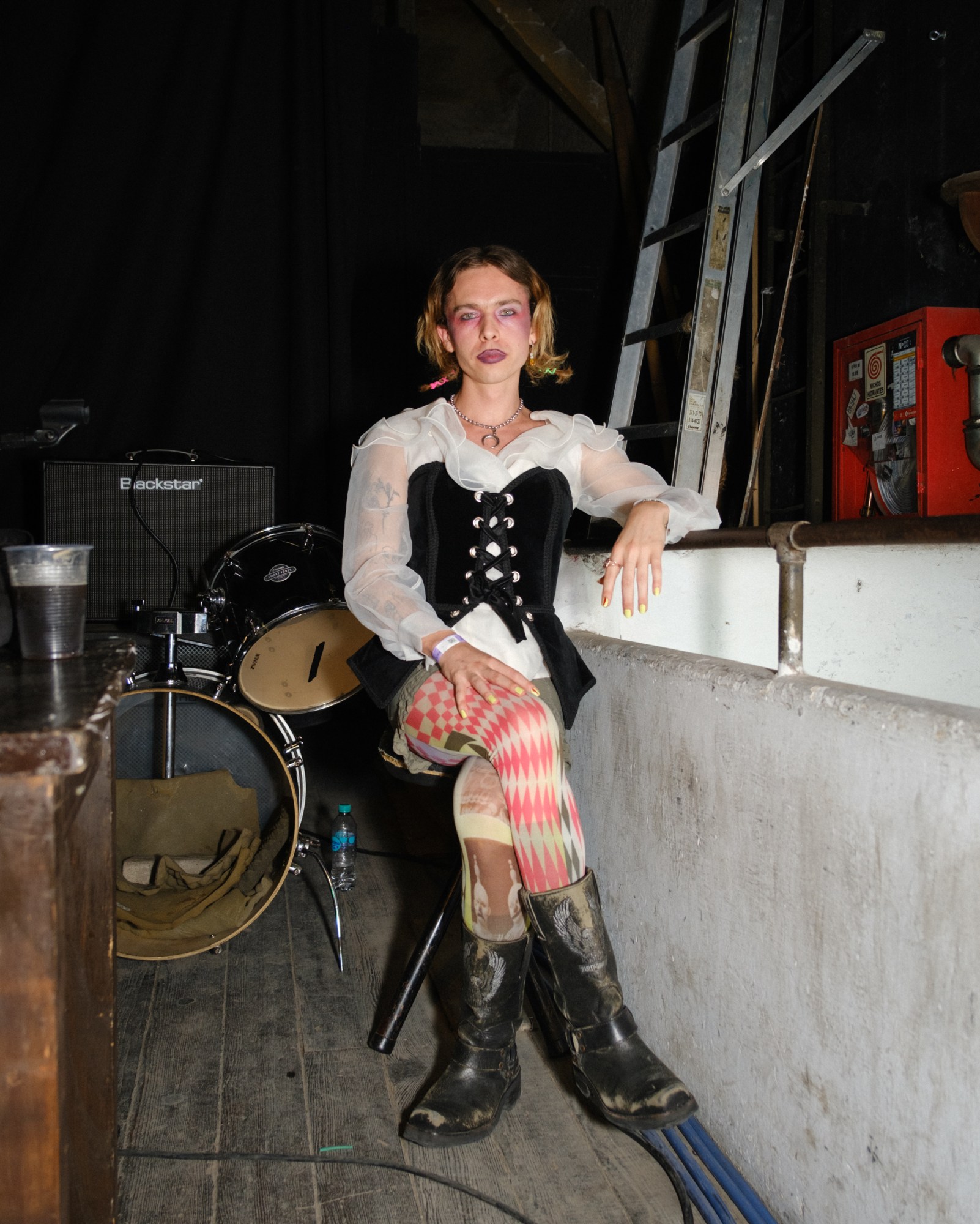
“It’s a small community,” Yanne, an artist who lives part-time in Berlin, tells me in the toilet later that night. I’d just realised she knows a few people I know, something that happens with just about everyone that evening. Everyone knows each other, or knows of each other, or knows each other’s friends. And if they don’t, they’re probably going to meet tonight. There will be plenty of time. Taking place over two venues, the 12 hour event brings together 15 acts, eight from London and seven from Buenos Aires, in its eleventh year of existence and eighth iteration.
Hyperlocal — pronounced “heeperlocal” if you want to sound authentically Argentinian — is the love child of Buenos Aires locals Bruno Gomez and Alejandro Albin. It’s a music festival that lasts for just one night and takes place in either Buenos Aires (where Albin is based) or in London (where Gomez lives), always with an eclectic line up of limitless genres and vibes you’d be hard pressed to find at any other night. “I don’t really look at press or stuff like that,” Gomez tells me about his approach to curating the lineup, “I rely on my friends documenting stuff through Instagram stories and YouTube – it’s always been like that, since the beginning.” The aim, say Gomez and Albin, is to bridge the geographical and cultural gap between music in both cities, creating an “exchange experiment” that attempts to foster a community beyond borders, or as Albin describes, “kind of a micronation with like minded people from all over.”
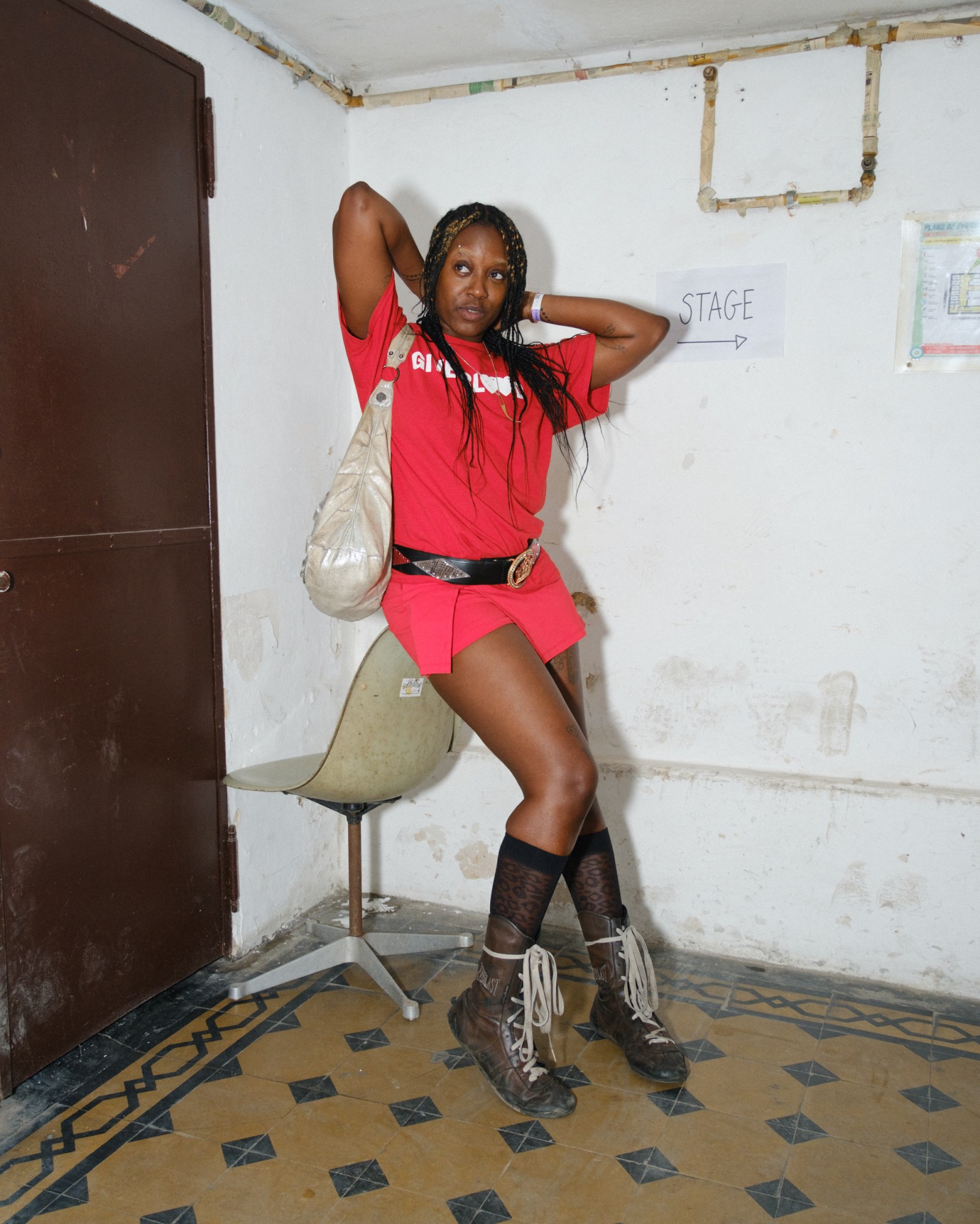
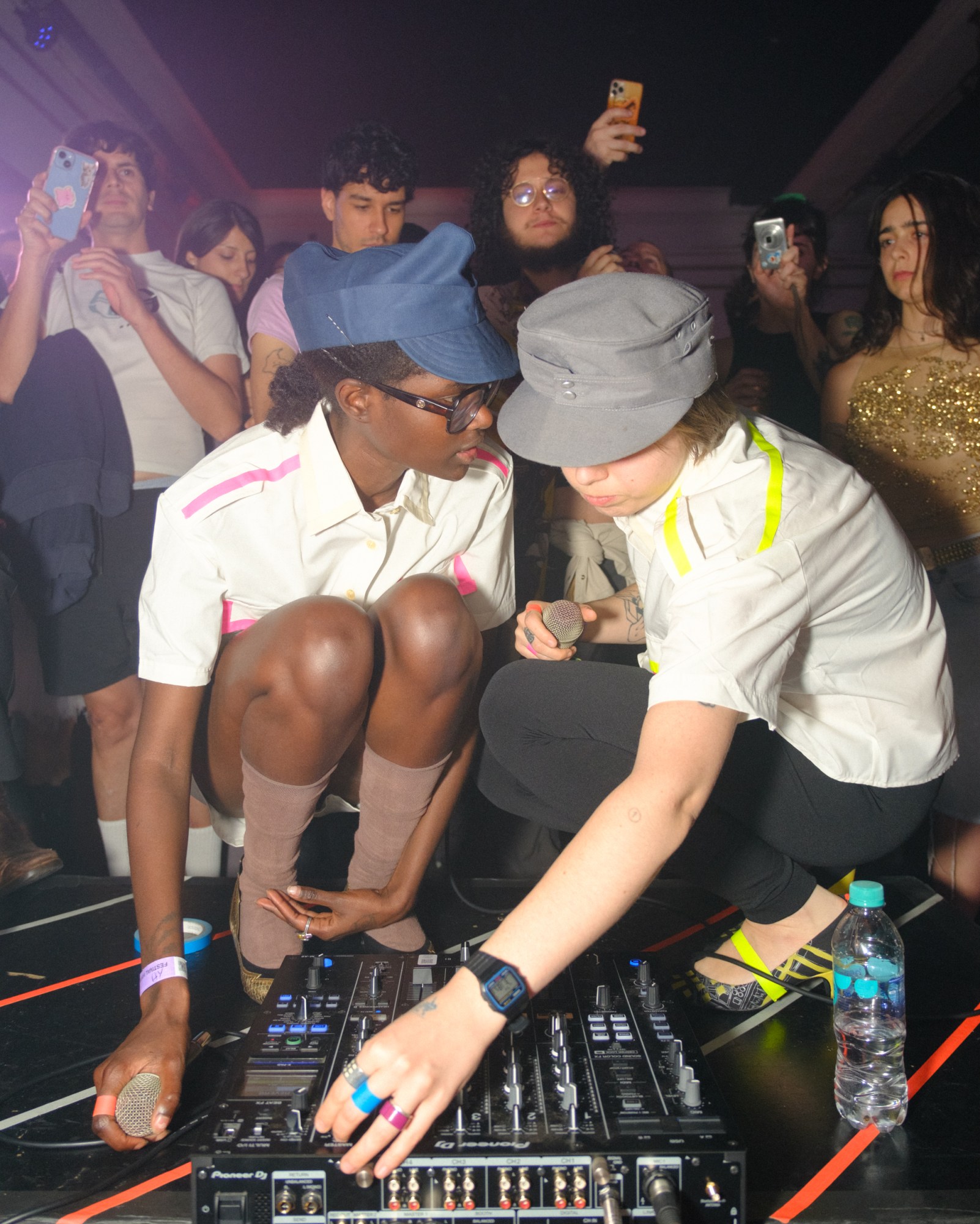
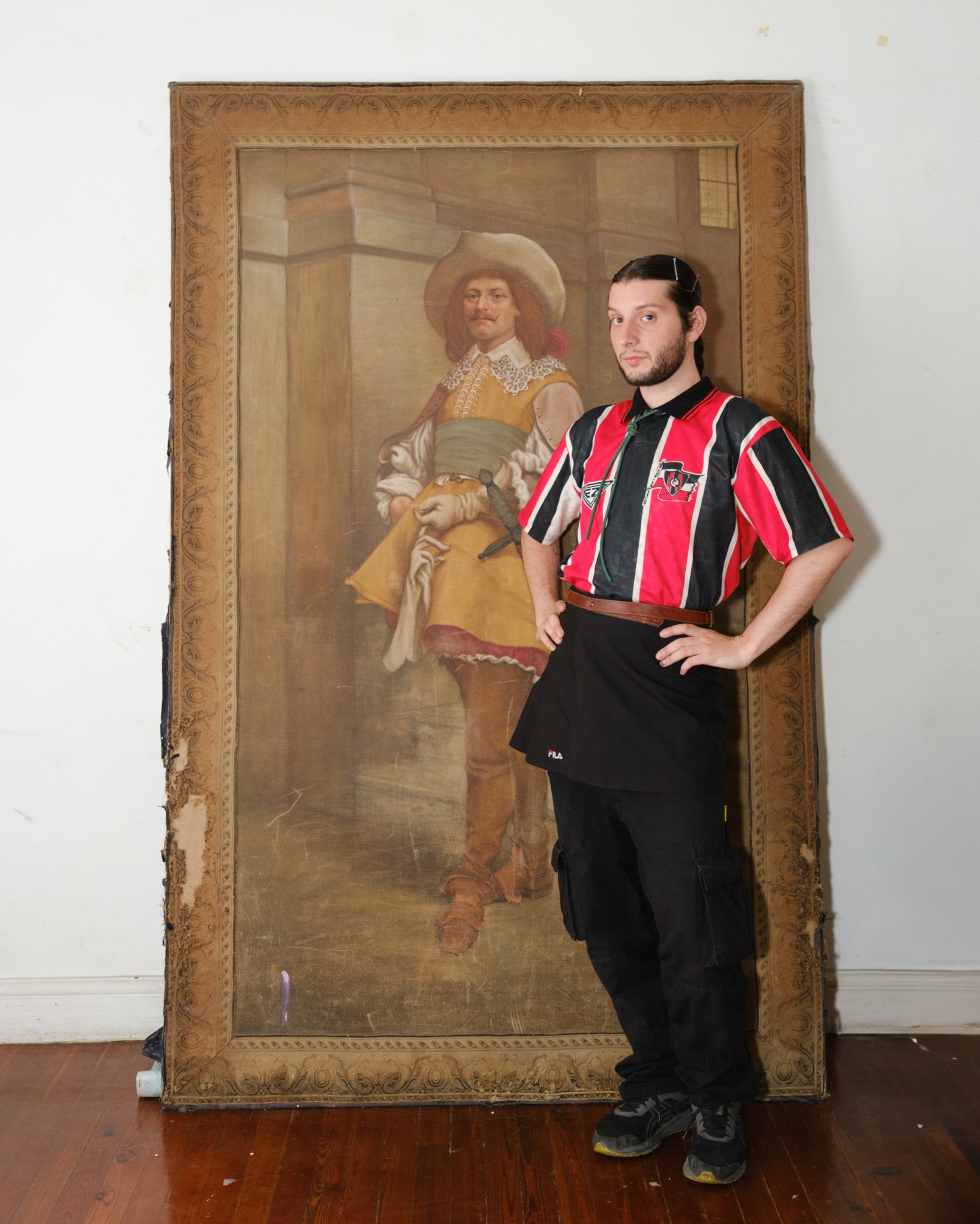
“Hyperlocal bridges these acts that no reasonable mind would play at the same gig”
Lola Lamar
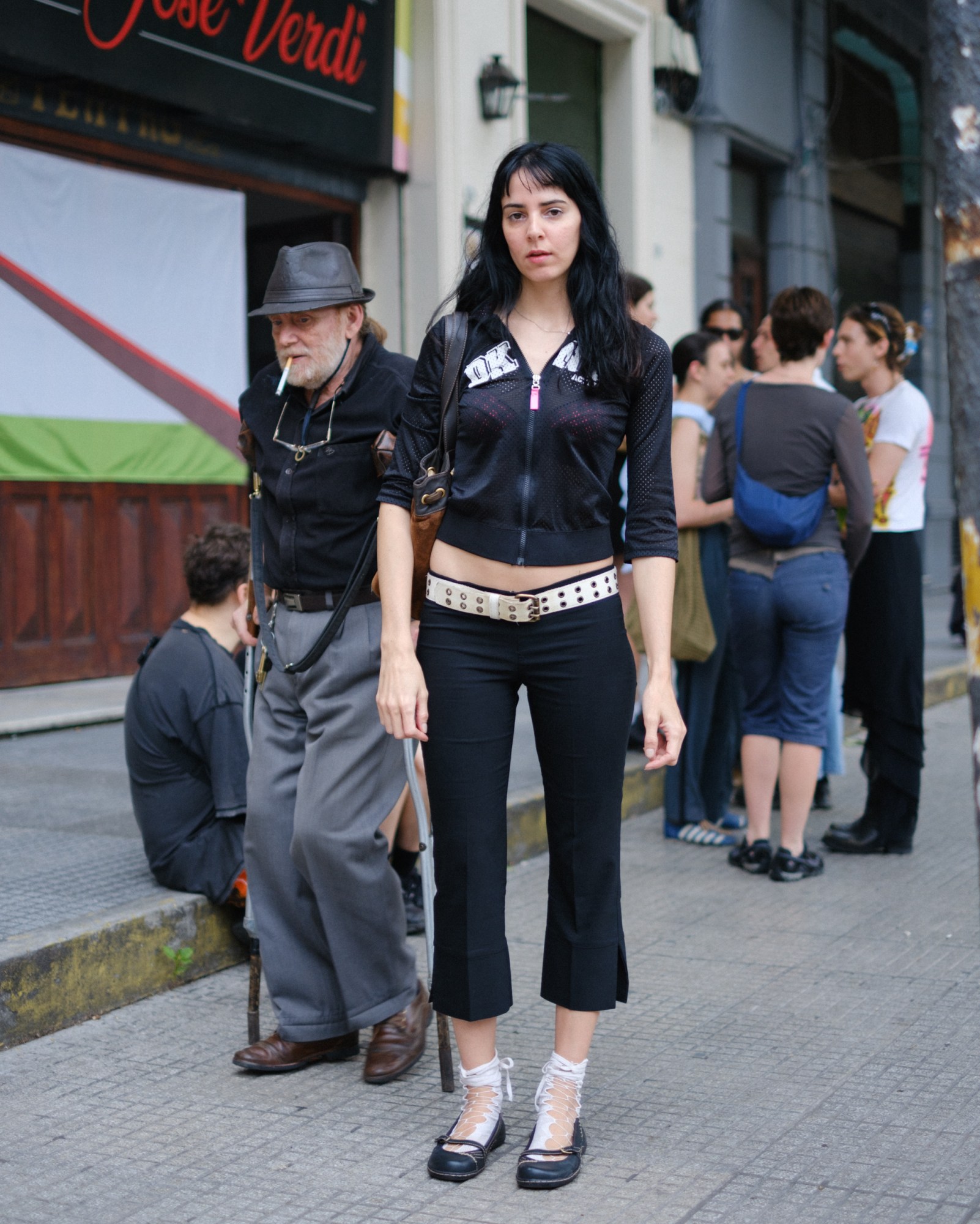

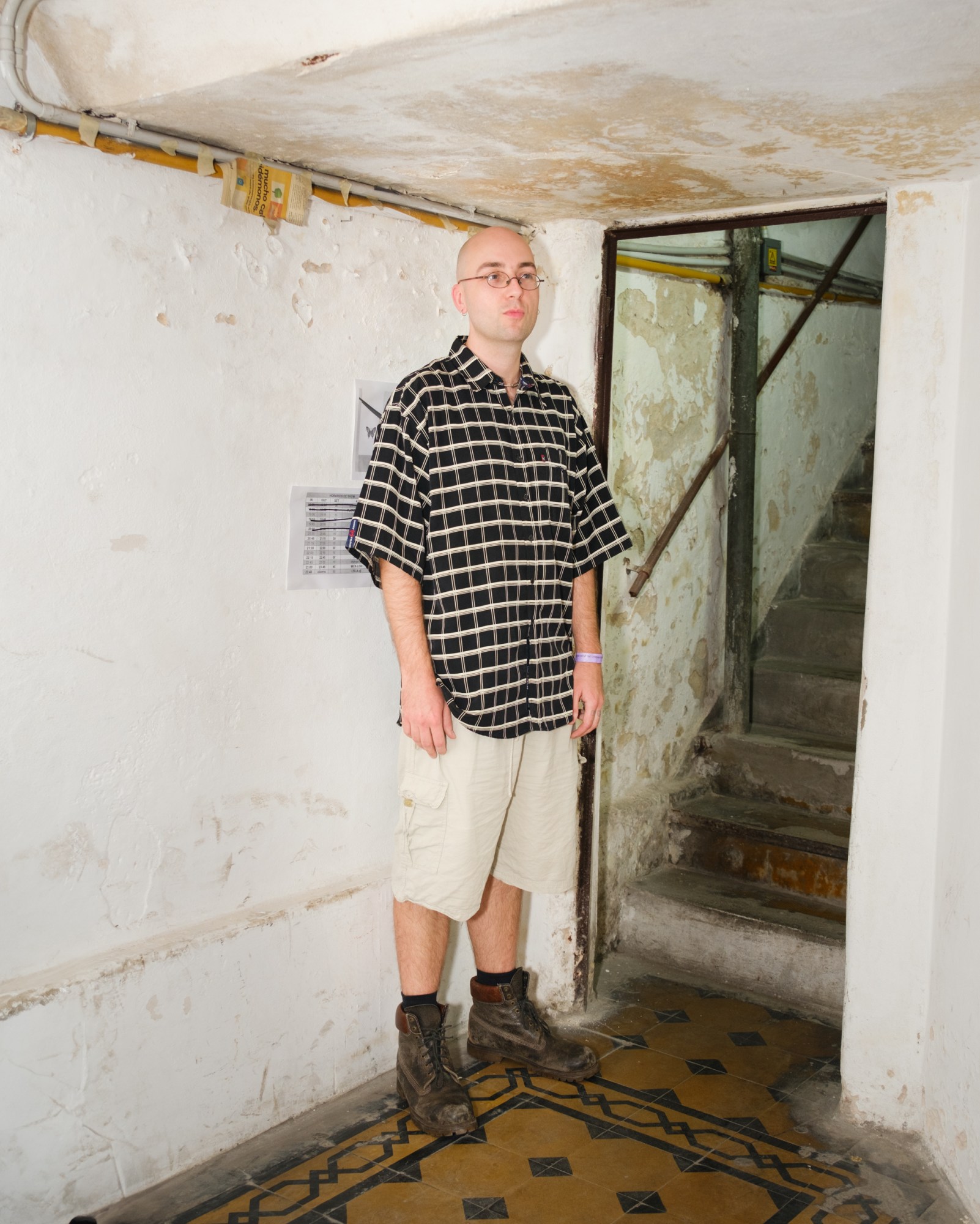
Tonight the unofficial headliner is Mica Levi, whose solo set, they tell me later, is probably going to be their last, alongside electro-pop duo New York made up of Gretchen Lawrence and Coumba Samba. Then there’s LOTO, a project from Lola Lamar and Nacho who, I am told, is the godfather of the scene here in Buenos Aires. There’s also a hardcore band from the suburbs called Cemento Armado (hard cement) as well as a Dembow duo originally from the Dominican Republic, La Fina 24 and El Preferido. The night that Argentina won the World Cup, Albin discovered them after hearing Dembow blasted from a car on the streets of the San Telmo neighbourhood, and going to investigate. There’s a bit of grunge from Angelicaa and live sets by acts hailing from both sides of the Atlantic, not to mention what was probably the weirdest act of the evening: Charles Verni’s avant-garde screamo performance, backed with beats executed by Aircode alongside the sinister sound of laughter and police sirens.
“Hyperlocal bridges these acts that no reasonable mind would [book] at the same gig if it weren’t for the whim of bringing two corners of the world together,” Lola Lamar, frontwoman of LOTO, tells me. She’s not wrong. At a Hyperlocal night in 2022, I witnessed Lisa Mercedez perform to a room full of south London club rats during what I still consider as one of the best nights of my life. “It’s an experiment, I think, to see how they react to each other,” Lamar continues, “the term for it in Spanish is nervioso capricho.” (In English: on a nervous whim.)
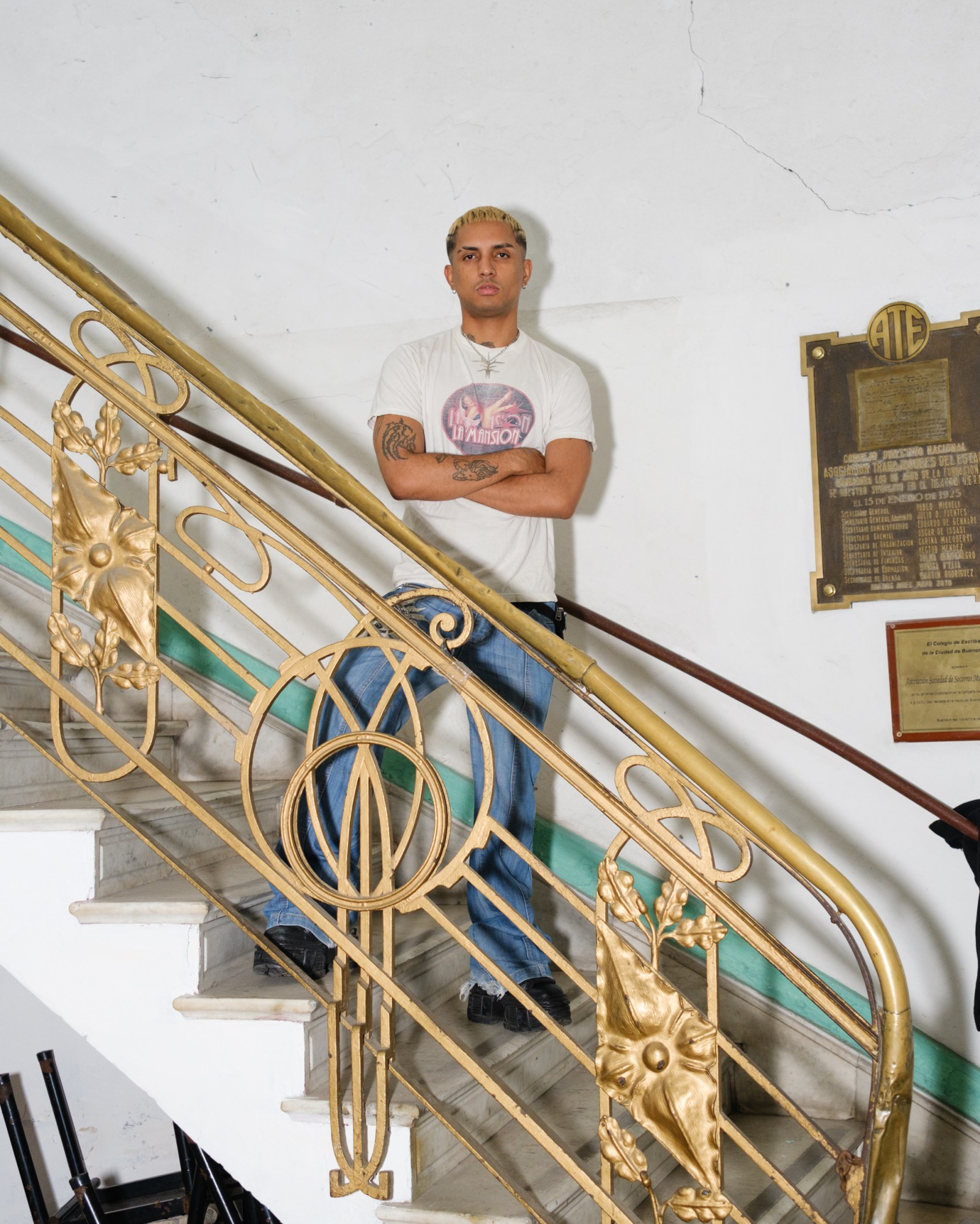
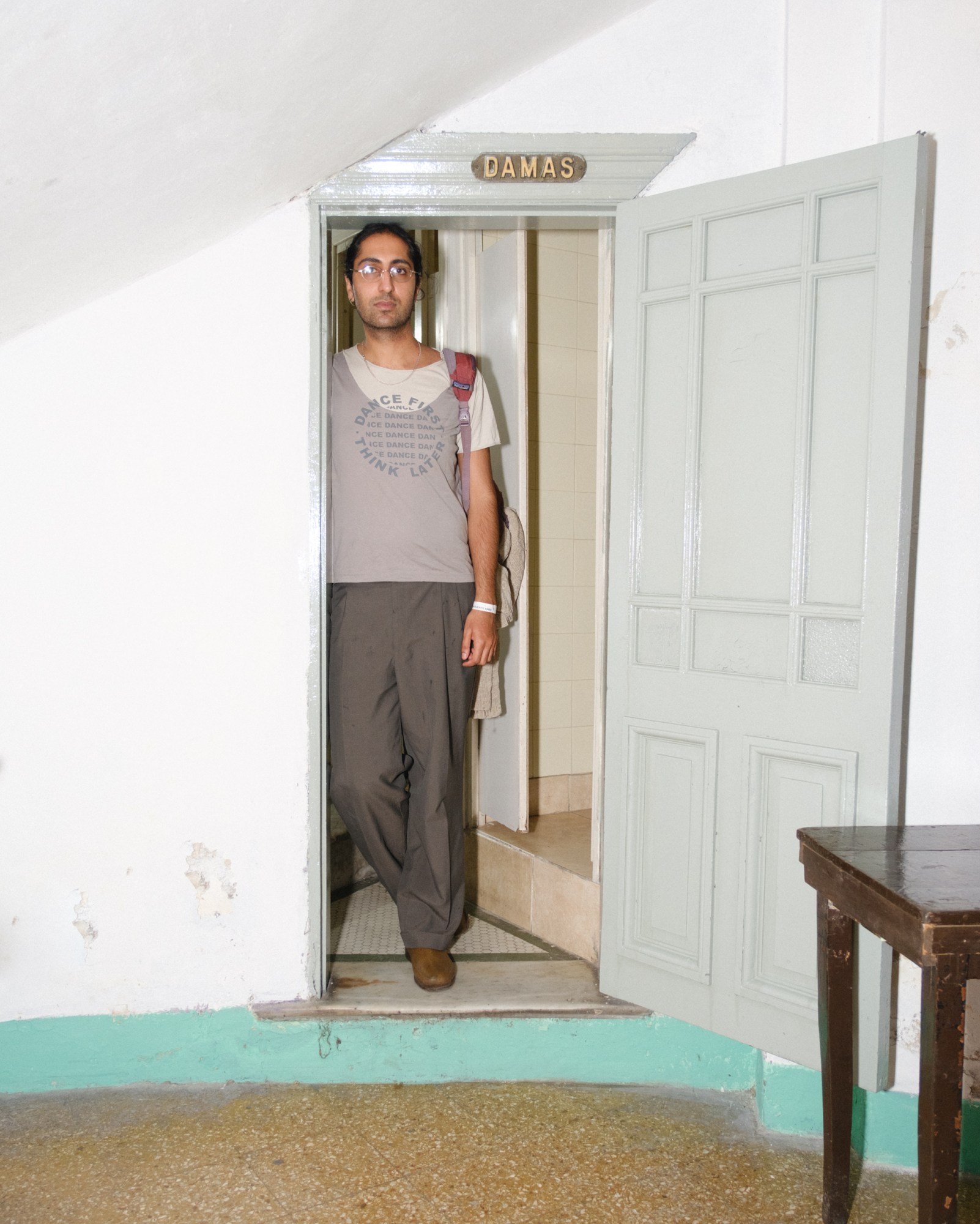

“There’s been so many cuts and huge amounts of austerity, but people are resourceful here”
Alejandro Albin
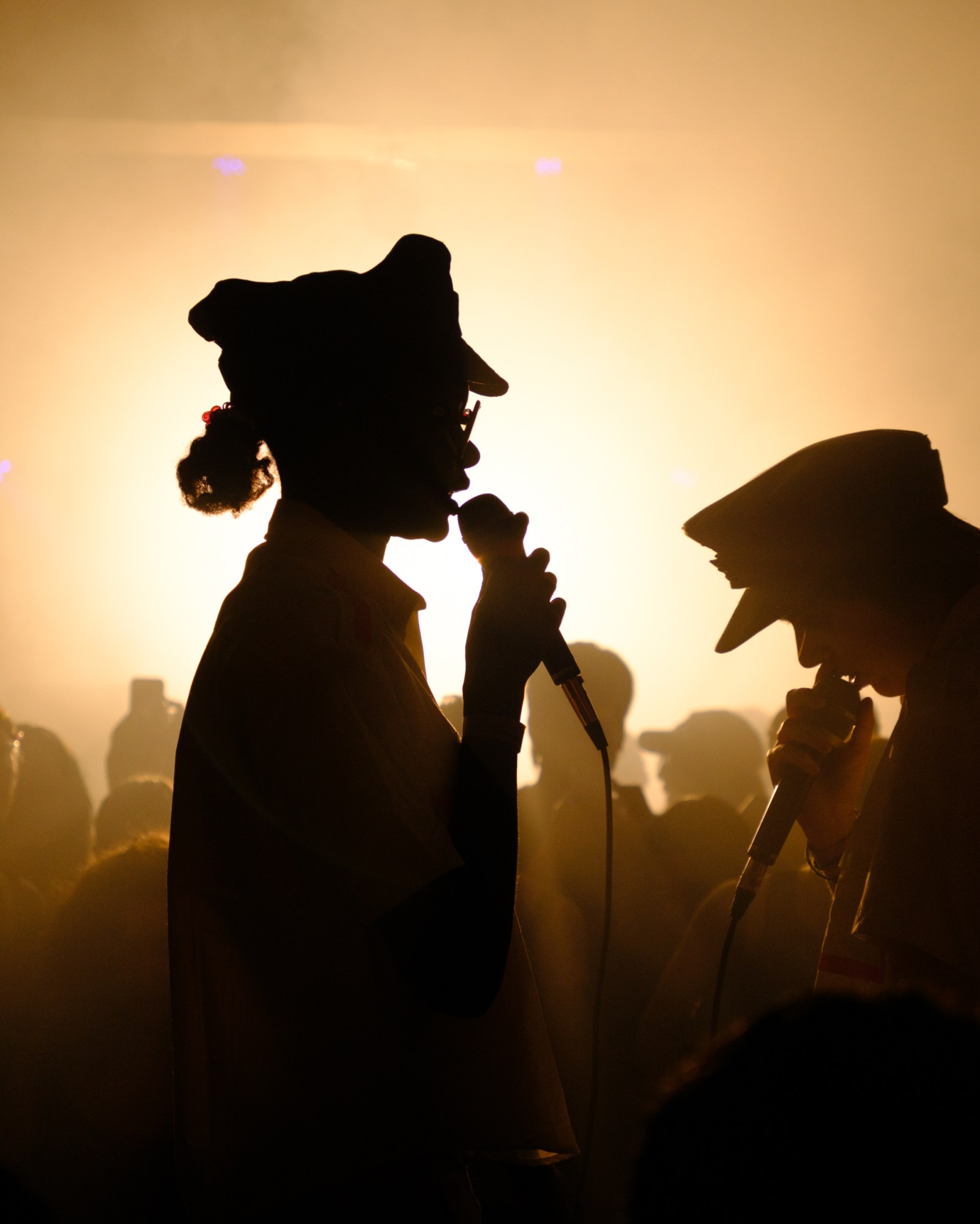
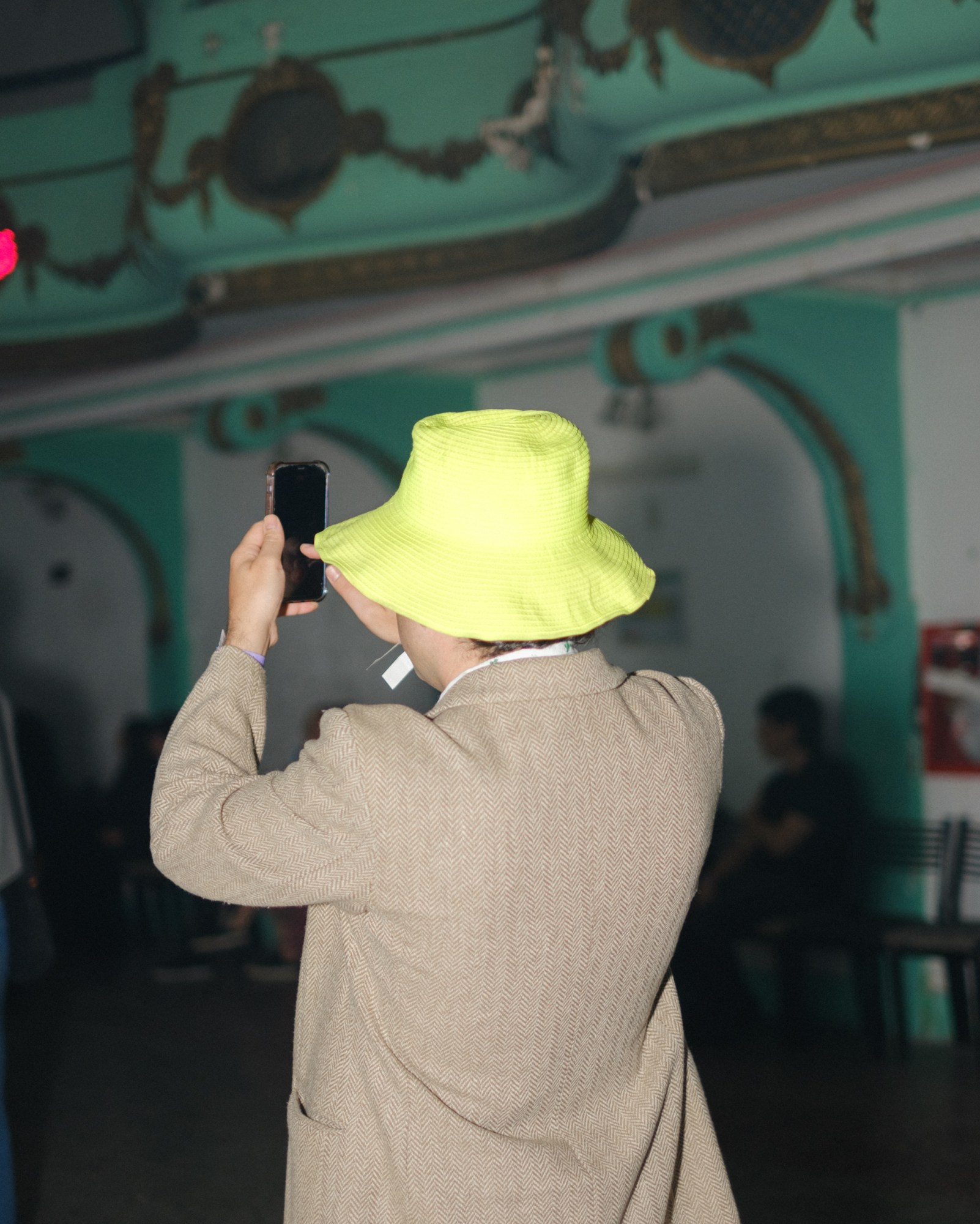
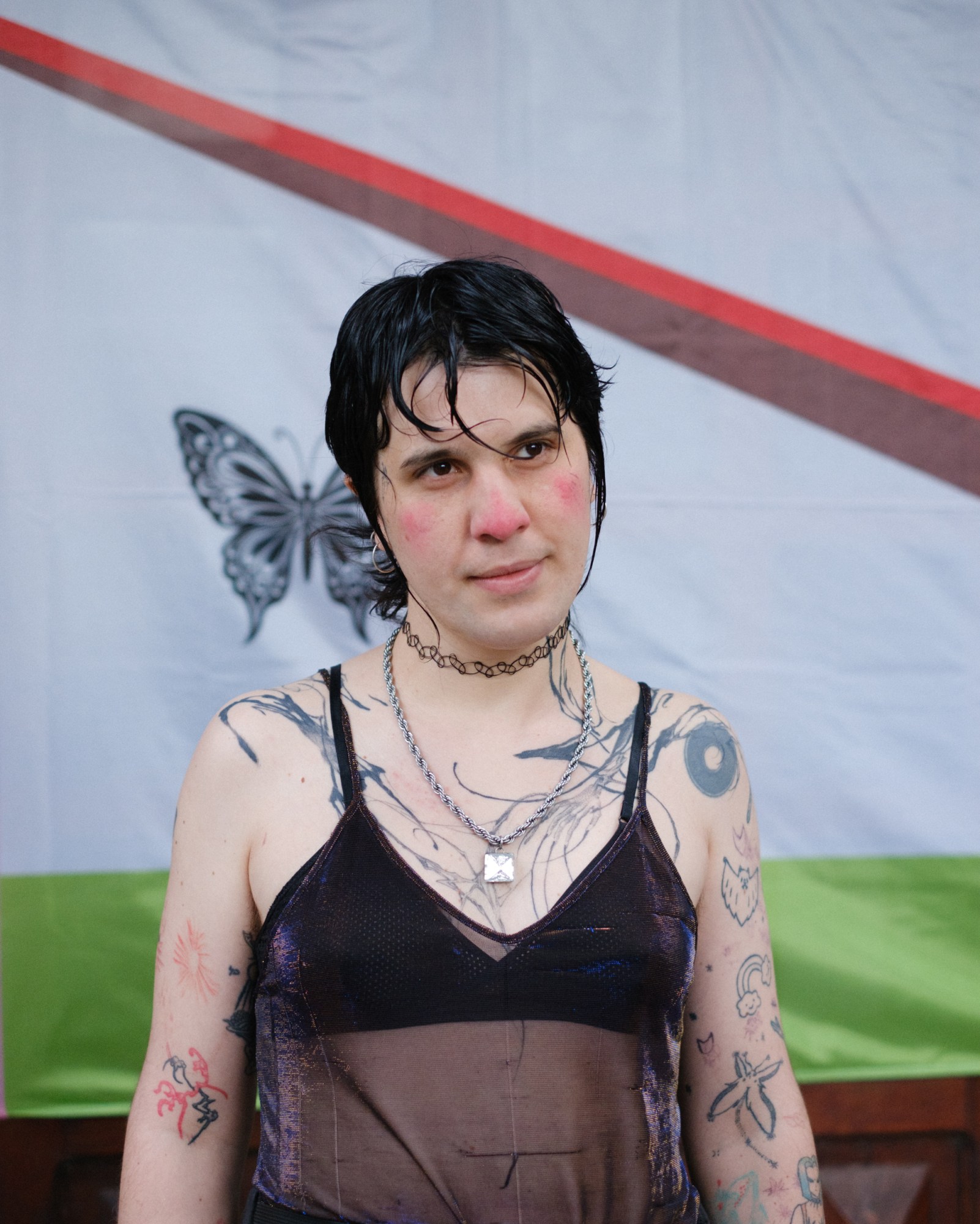
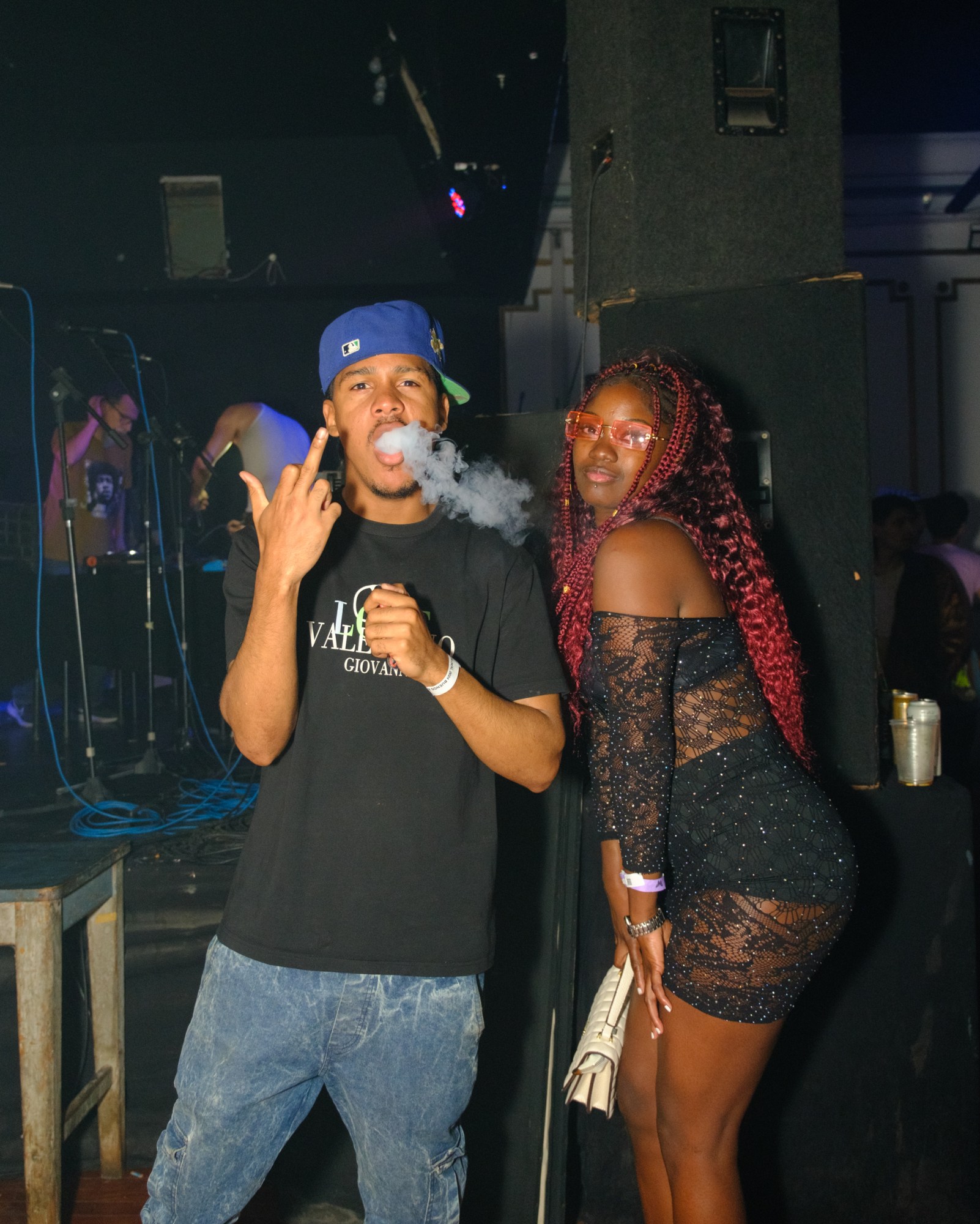



The night, for the most part, feels utterly wholesome, but there is an ambient kind of nervousness in the air. The morning of the festival, Hyperlocal’s second venue was closed down due to noise complaints from someone who is described by Gomez as “right wing.” Talking to the crowd that evening, it becomes clear that this is not an uncommon occurrence in Buenos Aires. Since anarcho-capitalist Javier Milei was elected president of Argentina in November 2023, the arts scene has suffered blow after blow. The day of his inauguration, inflation spiked so hard that people’s wages no longer covered their rent (if you want a pretty shocking visual representation of this spike, just scroll down a bit on this page). In a city that had a 45% poverty rate even before Milei’s government came in, unless you’re working for an overseas company, living in the city has become tough. “Lots of spaces that worked with government funding disappeared, just closed, or have to work differently now,” Albin explains, “there’s been so many cuts and huge amounts of austerity, but people are resourceful here.”
“It’s dark sometimes,” Kiwi, who moved from Venezuela to Buenos Aires in 2017 tells me, “there’s a fear that isn’t so clearly palpable tonight, but it’s definitely there.” Lamar agrees: “I guess the music scene here is kind of a reflection of the times we are living in, which is chaos and confusion and lots of it,” she explains. “But people are really fighting to keep the culture alive. It’s a form of resistance.”
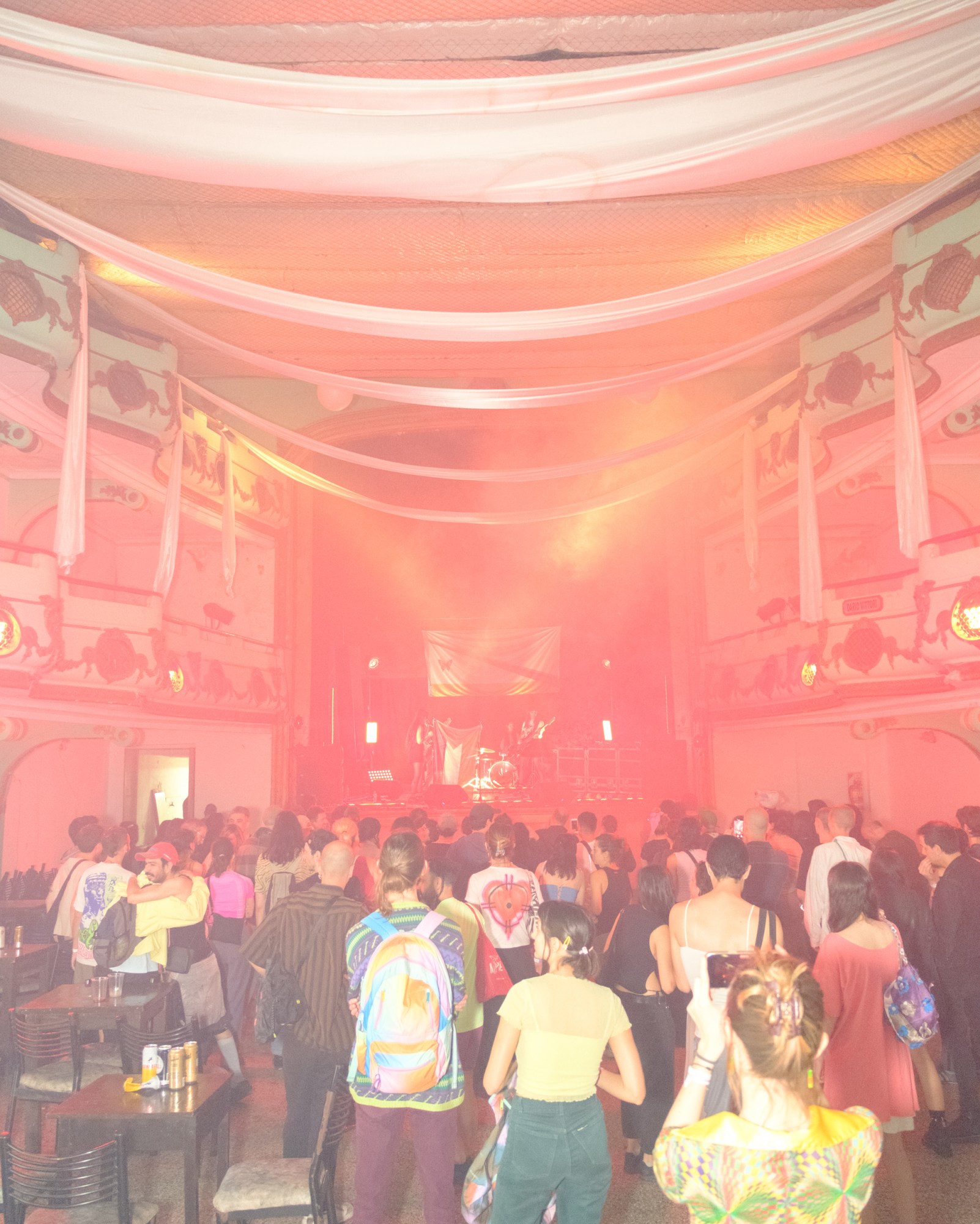
Credits
Text: Eilidh Duffy
Photography: Dagurke
